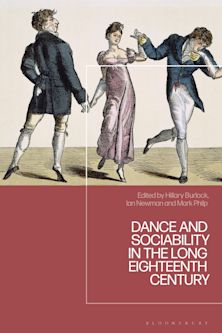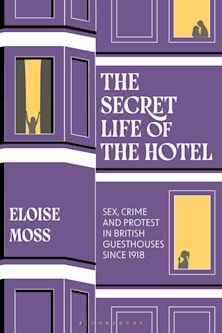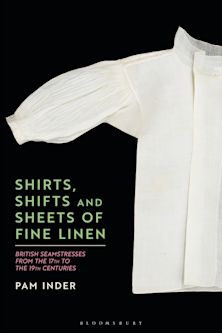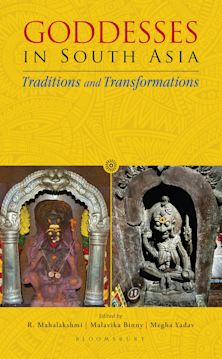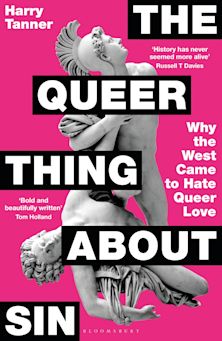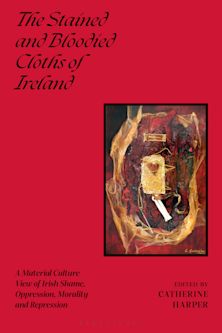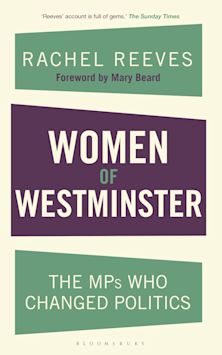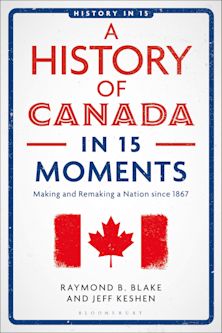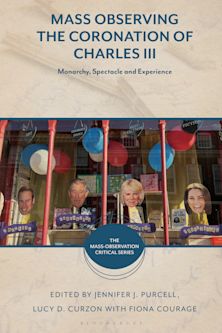- Home
- ACADEMIC
- History
- Social History
- Harold Innis Reflects
Harold Innis Reflects
Memoir and WWI Writings/Correspondence
Harold Innis Reflects
Memoir and WWI Writings/Correspondence
You must sign in to add this item to your wishlist. Please sign in or create an account
Description
Offering fresh insight into the early life of Harold Adams Innis (1894-1952), this volume makes available a number of previously unpublished writings from the renowned Canadian economic historian and media scholar.
Part I, Innis’s autobiographical memoir, chronicles his farm-based family background, early education, military service during World War I, and the beginnings of what would become a distinguished academic career. Part II features a selection of correspondence during his military service, revealing both the pain and perceptions derived from that experience, and other war-related writings. It also includes “The Returned Soldier,” a detailed piece of research and a compassionate plea to recognize how the aftermath of the Great War would affect those who served as well as the individuals and institutions on the home front. Years before the term “post-traumatic stress disorder” was coined, Innis was acutely aware of the condition and suggested ways in which it might be treated. Other war-related items included are Innis’s first published article (dealing with the economics of the solider) and a draft speech composed in the fall of 1918. All original materials have been extensively annotated to provide context for the contemporary reader and researcher.
Table of Contents
Foreword (by Anne Innis Dagg)
Introduction
Part I – Memoir of Harold Adams Innis (covering the years 1894 – 1922)
Preface to the Memoir (by Anne Innis Dagg)
Chapter 1: Ancestors and Parents
Chapter 2: School and Early Career
Chapter 3: Battle
Chapter 4: After the War
Part II – World War I Writings and Correspondence
Chapter 5: 1916
Chapter 6: 1917
Chapter 7: 1918-1919
List of Persons
Bibliography
Index
Abbreviations
About the Contributors
Product details
| Published | 05 Oct 2016 |
|---|---|
| Format | Ebook (PDF) |
| Edition | 1st |
| Extent | 260 |
| ISBN | 9798216334545 |
| Imprint | Rowman & Littlefield |
| Illustrations | 20 b/w illustrations |
| Series | Critical Media Studies: Institutions, Politics, and Culture |
| Publisher | Bloomsbury Publishing |
About the contributors
Reviews
-
The editors of this volume have brought together a variety of writings from the early life of Canadian economic historian and media scholar Harold Adams Innis (1894-1952). Included are a memoir, written in the last year of Innis’s life, covering the first 26 years of his life, 44 letters written in 1916 and 1917 (many from France), and miscellaneous documents, including his 1918 master’s thesis at McMaster University, which examined the condition of Canadian soldiers returning from World War I and what could be done to help them. This topic of course remains important today. While not exploring the fields of expertise for which Innis became known and respected, these items present the youth of an important Canadian scholar. Clearly a specialized collection of documents, this book will be of interest to Canadian readers and people interested in a personal view of World War I.
American Reference Books Annual
-
Recent developments in media theory and communication studies have renewed interest in the foundational role Harold Innis played in these fields. This carefully-curated set of primary materials—available here for the first time—is a treasure trove for scholars of Innis, political economy, communication, and Canadian history. The material is thrilling in its intimacy and full of fresh insights into Innis’s life and thought. It is an indispensable and generative resource for readers across the many fields that Innis’s work continues to shape.
Darin Barney, McGill University
-
Writing to his mother from France in March 1917, Harold Innis reported that "the only way this country could be muddier would be to be bigger." A few months later a piece of German shell casing slammed into his thigh, ending his war. Of course, his war never really ended, and he would spend his career wondering what happened not only to him but to an entire generation. In this carefully edited collection, we see the origins of that intellectual journey in what Innis called "the furnace of war." No one is better suited to bring this volume together than William Buxton, Michael Cheney, and Paul Heyer, all accomplished Innis scholars.
Donald Wright, University of New Brunswick
-
This book provides insights into the formative years of one of Canada’s most important intellectuals, economic historian and communications theorist Harold Adams Innis. A strikingly original thinker, Innis continues to be relevant, but few people read the full range of his work. Harold Innis Reflects brings to readers Innis’ previously-unpublished reflections upon his early life, including his earliest scholarly writings and thoughts about the effects of the First World War upon soldiers such as himself. The collection is a valuable contribution to Innis scholarship.
Jeff A. Webb, Memorial University of Newfoundland
-
Harold Innis—renowned among scholars of history and communications alike for his rigorous academic research and far-ranging theories—here reveals different sides of himself: as a warm-hearted, perceptive, and sometimes darkly comic observer of the horrors of the First World War and as a wry memoirist of his own life. This well-edited and accessible collection offers us invaluable new insights into the life and thought of one of the twentieth century’s most probing and original minds.
Ian McKay, Wilson Chair in Canadian History, McMaster University
-
Few people hated war more than Harold Innis; he found it a venal, stupid business, symptomatic of a West in decline. Even a cursory examination of his academic work shows the impact of World War I on his life and thinking, and with the publication of Harold Innis Reflects, we are now in a better position to understand why that was so. This volume’s presentation of Innis’s early writings and correspondence gives Innis scholars vital context for a man who still shapes our thinking about the technological past, the communicative present, and the digital future.
John Bonnett, Brock University












